Speaking to Le Point, Hungarian Prime Minister Viktor Orban summed up the program of the upcoming Hungarian EU presidency in five points.
The first point is migration. "We disagree with the current pact, and would like to halt more migrants than the pact allows," Hungary's prime minister said. Secondly, he said, we would like to see a reasoned debate on our attitude to the war between Ukraine and Russia. "It is not enough to say 'Vladimir Putin cannot win','' he pointed out, adding that we need to see how much the war is costing Europe and to clarify the objectives.
"Thirdly, the European Union has long claimed that the green transition is not contrary to European competitiveness, and even increases it. The opposite is clearly true. We need to rethink this green transition before it kills our industry," Viktor Orban continued. As the fourth point, he talked about the need to improve Europe's defense capabilities.
If our security is essentially ensured by the US, we will never achieve real strategic autonomy,
he pointed out.
And finally, European countries should share best practices in tackling the demographic crisis, with immigration ruled out as an option.
We must remember that war is the main cause of our demographic problems, but it is by no means the only one. Had there been no two world wars, had the young European and Christian lives that the wars cost been spared, there would be no demographic crisis in Europe,
Hungary's premier highlighted.
Upcoming elections carry historic significance
Speaking about the European Parliament elections, Viktor Orban stated that the upcoming elections carry historic importance.
"Ten years from now, these elections will probably be seen as the vote that decided peace or war in Europe," PM Orban said.
Hungary's prime minister recalled that neither the First nor the Second World War was considered global at the outset. The 1914–1918 war was initially seen as the third Balkan war, and the 1939–1945 war as a Germany–Poland war.
Besides the number of seats secured by one party or another, I think the most important thing will be the number of MEPs who support putting an end to the war in Ukraine. While I hope that pro-peace MEPs will win, I also hope that there will be more sovereignist MEPs in favor of a Europe of nations,
PM Orban added. He continued by saying that
the future of Europe's sovereignist camp and the right wing in general is now in the hands of two women. Everything will depend on whether Marine Le Pen in France and Giorgia Meloni in Italy will be able to work together.
According to Viktor Orban, if they manage to work together, either in a group or in a coalition, they will be a force for Europe. "The appeal of their cooperation will be very strong. This may be enough to redraw the map of Europe's right wing, or even dislodge the European People's Party, whose leadership has been entirely taken over by the Germans; in fact, it is a German EP group," he said.
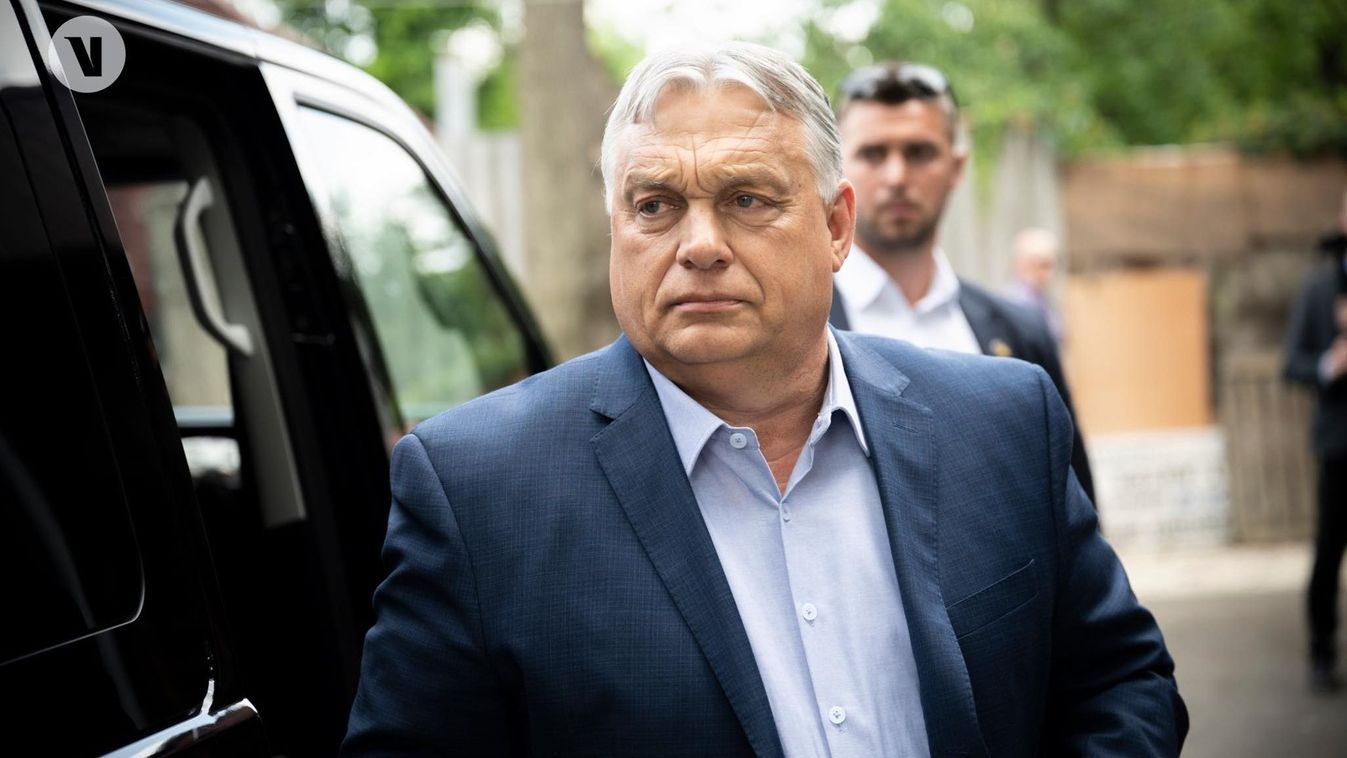
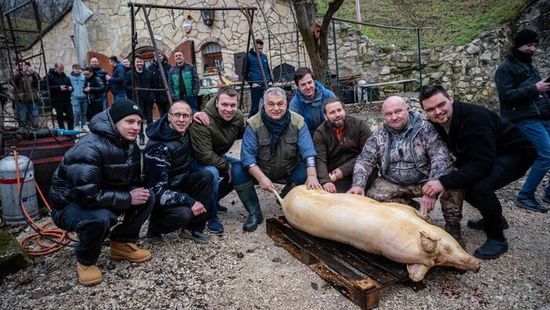
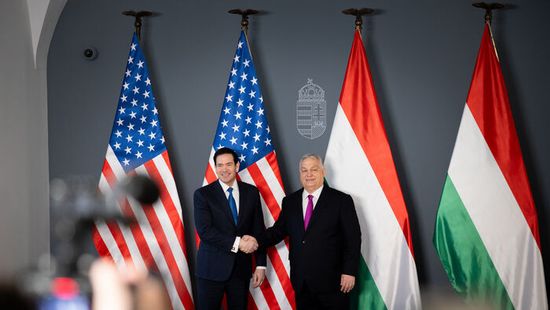
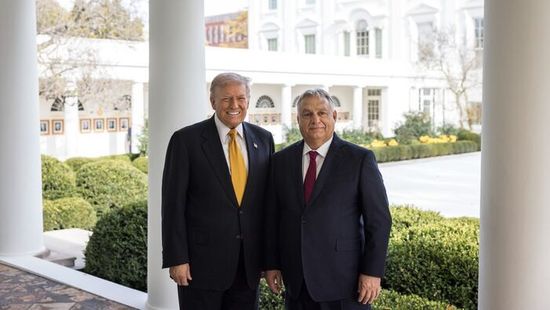
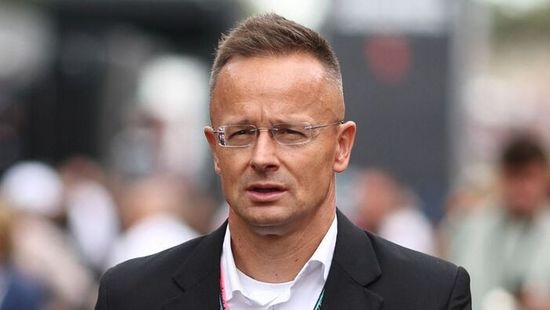


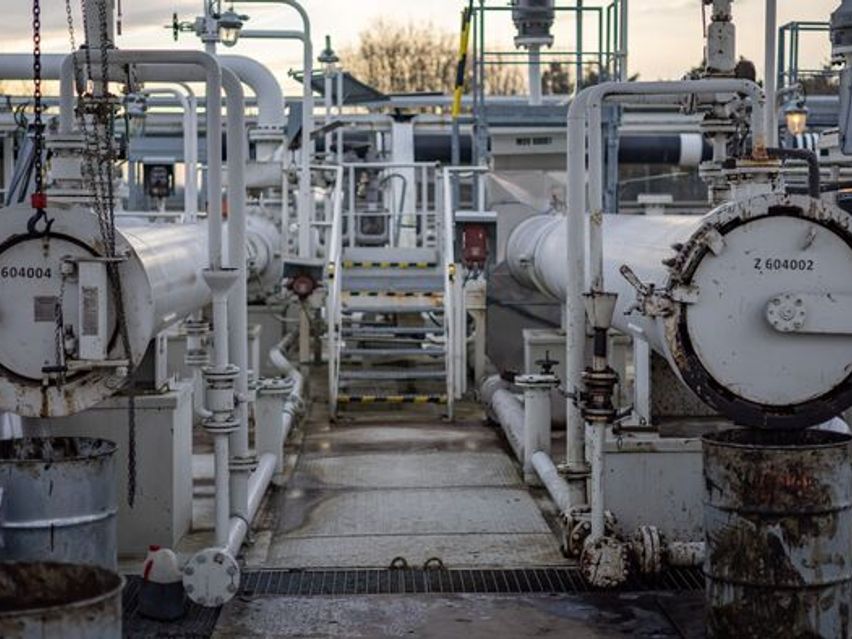

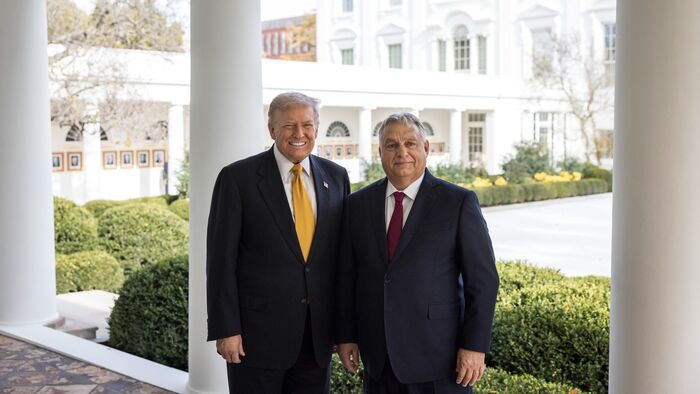

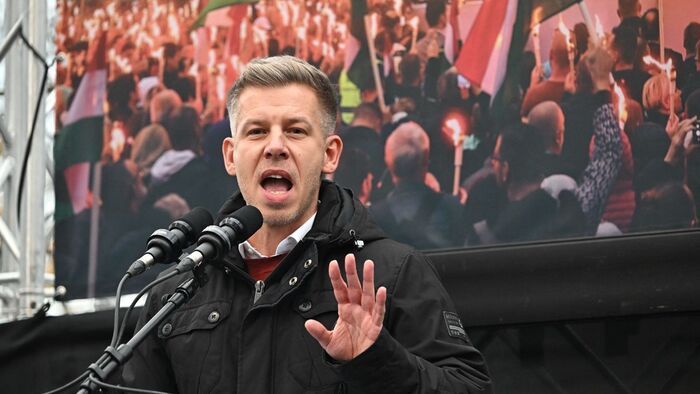
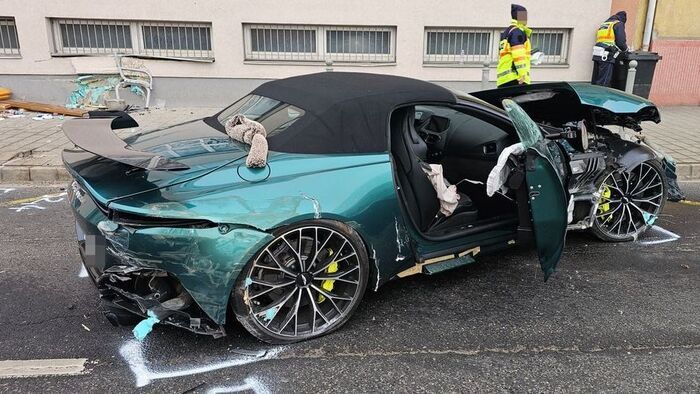
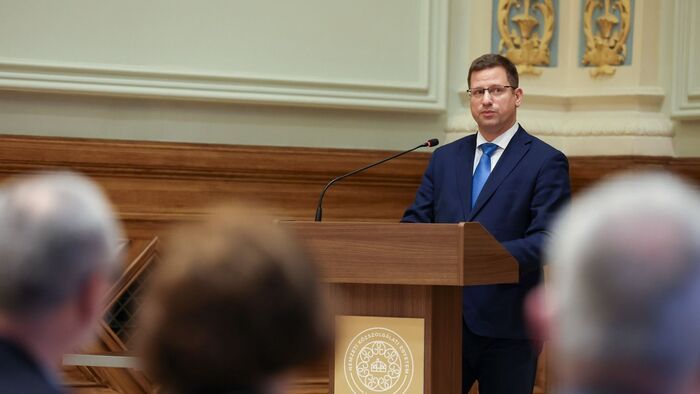

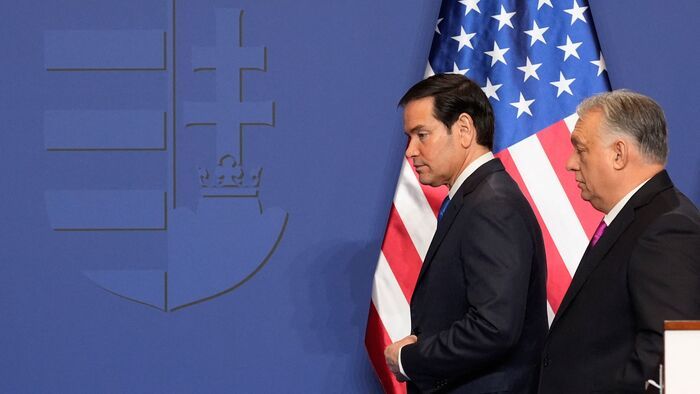
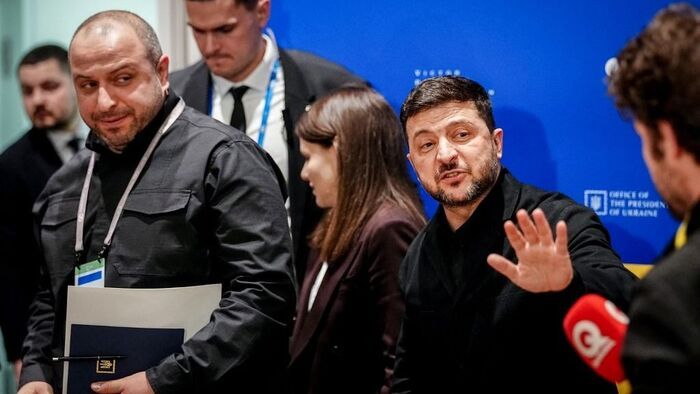
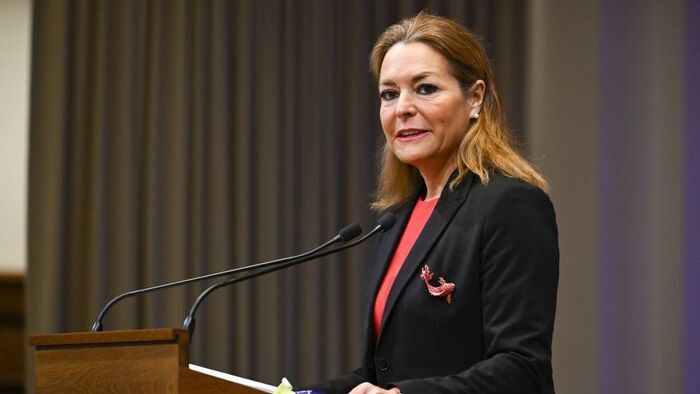



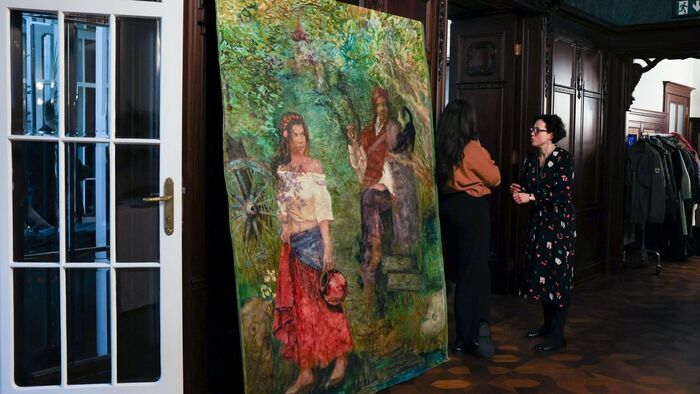

Szóljon hozzá!
Jelenleg csak a hozzászólások egy kis részét látja. Hozzászóláshoz és a további kommentek megtekintéséhez lépjen be, vagy regisztráljon!